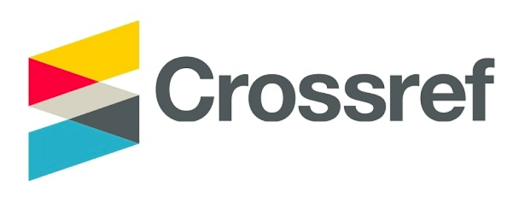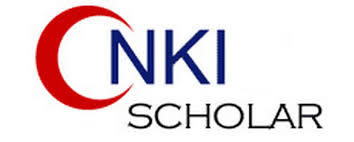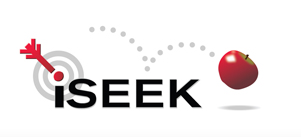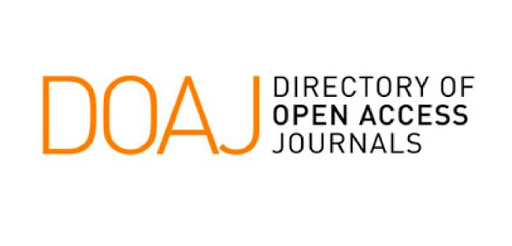Paper ID : SMJ1510235710615 | View : 9

Abstract : Background: Fat grafting is one of the common cosmetic procedures for soft tissue augmentation and plastic with reconstructive surgery. However, occasionally, non-tuberculous mycobacterium (NTM) species can be seen secondary to fat grafting. Objectives: To identify the infection risk of fat grafting technique by NTM, obtain an antibiogram of NTM isolates and treatment compliance with outcomes. Patients and Methods: In this study, 19 female patients who had received fat grafting for the face, breast, abdominal, buttocks and thigh for cosmetic purposes were reviewed. After being referred to our diagnostic centre, a specialized laboratory team collected specimens for detailed cultures and microscopic examination. Then, according to drug sensitivity results, targeted antibiotics were implemented for 9-24 months. Local proper wound and abscess debridement were conducted in some cases. On the other hand, repetitive acid-fast bacterium (AFB) smear examinations every 2-4 weeks were done for them. Results: The patients presented with local swelling and skin ulceration, many subcutaneous nodules, big lumps with fistula and abscess formation, and some with extensive skin ulceration. Patients received imperial narrow to broad-spectrum antimicrobial therapy, and the primary classical culture was inconclusive. Mycobacterium abscessus was the dominant invasive agent in most patients. After a one-year follow-up, all patients’ specimens were acid-fast smear-negative. Still, they experienced o










